We may earn money or products from the companies mentioned in this post. This means if you click on the link and purchase the item, I will receive a small commission at no extra cost to you ... you're just helping re-supply our family's travel fund.
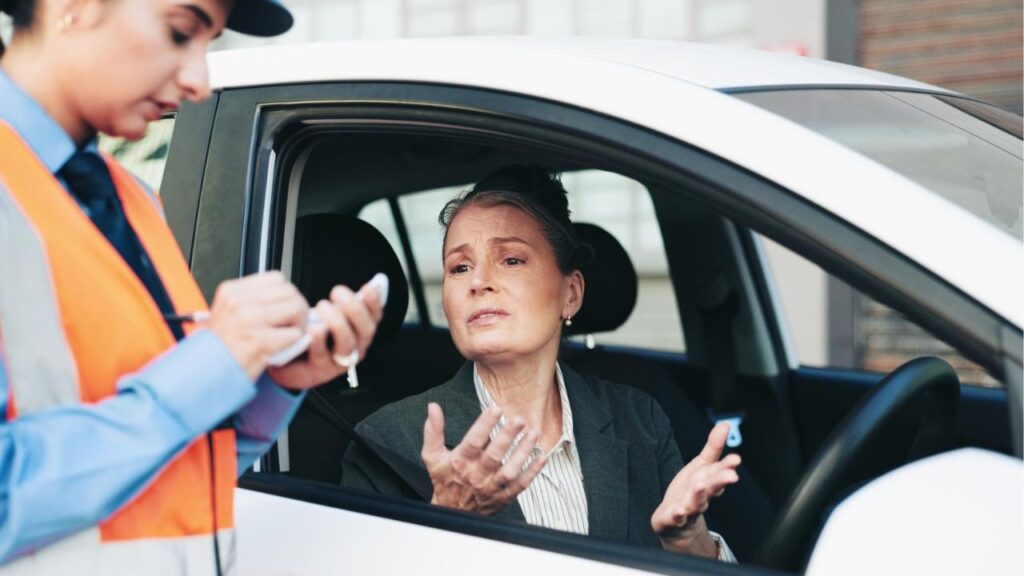
Traveling abroad should be thrilling, not overwhelming. But a few overlooked mistakes can quickly turn your trip into a stressful mess. From forgetting to notify your bank to falling for simple scams, the smallest slip-up can lead to serious consequences. The good news? These common safety mistakes are totally avoidable with a little planning. Let’s break down what to look out for and how to stay safe while you’re exploring the world.
Skipping Destination Research
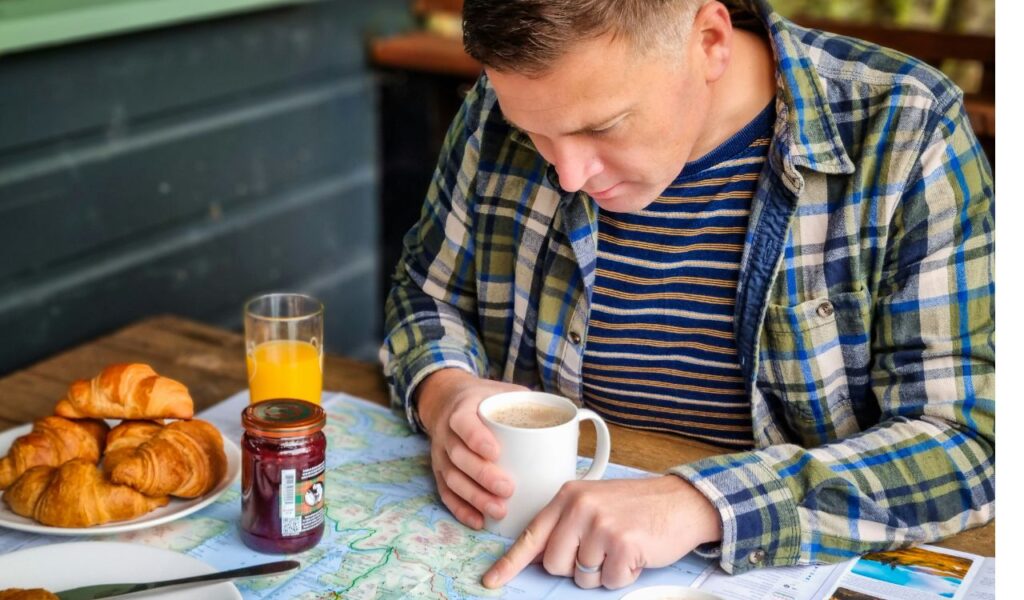
Not knowing a country’s customs, laws, or expectations can land you in trouble fast. It’s more than politeness, it can keep you safe and out of trouble. Simple things like dress codes or local taboos might not seem like a big deal until you’re getting side-eyed or fined. Before you go, take time to read up on what’s culturally appropriate, what’s illegal, and what you should avoid. It’ll help you stay respectful, safe, and a lot less stressed.
Overpacking
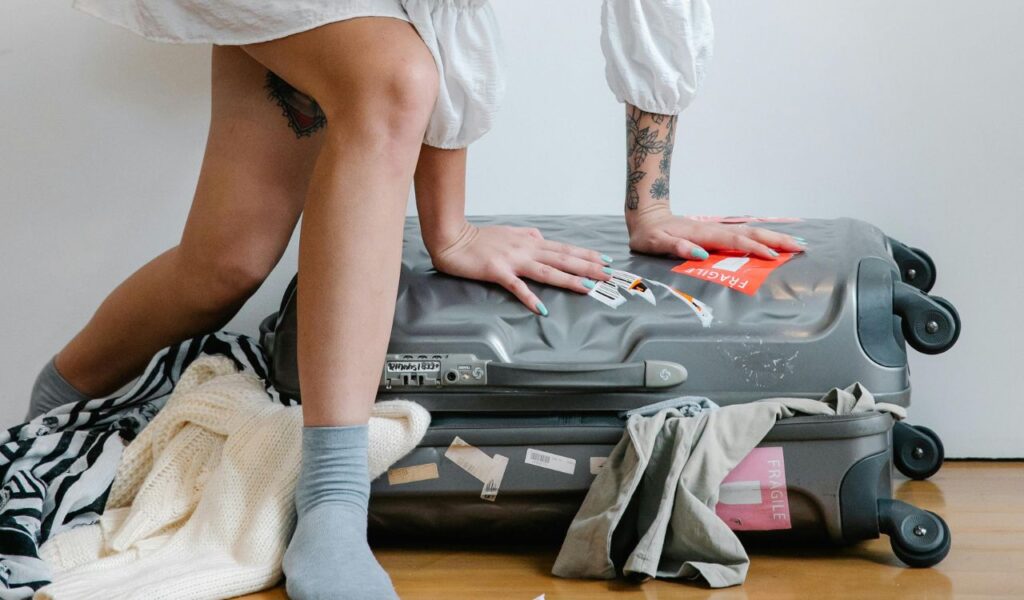
Bulky luggage can make you stand out and become an easy mark for thieves. Not to mention, hauling heavy bags through airports, trains, and busy streets isn’t fun. You’ll also risk losing more if a bag goes missing. Stick to lightweight gear and bring versatile items you can mix and match. The less you carry, the more nimble you’ll be. Plus, having a little extra space means you can bring home souvenirs without playing suitcase Tetris.
Traveling Without Insurance
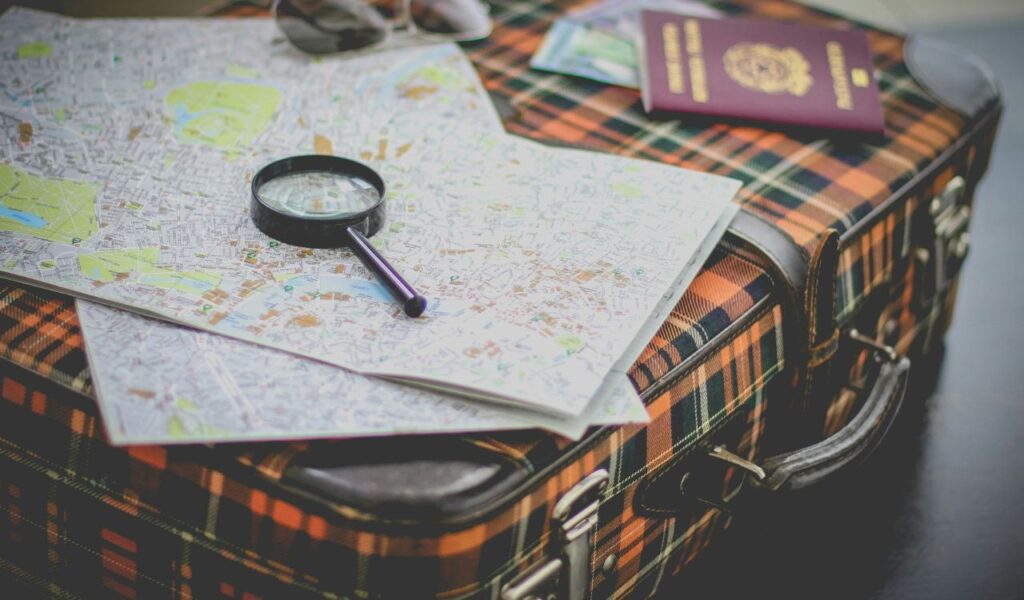
You may think travel insurance is optional, but one injury, delayed flight, or stolen phone could say otherwise. Without coverage, you’re left paying out of pocket, sometimes thousands. Get insurance that covers medical emergencies, lost luggage, trip delays, cancellations, and theft. A small upfront cost can save you from a financial nightmare abroad. Don’t wait until something goes wrong to wish you’d signed up for it.
Carrying All Your Valuables
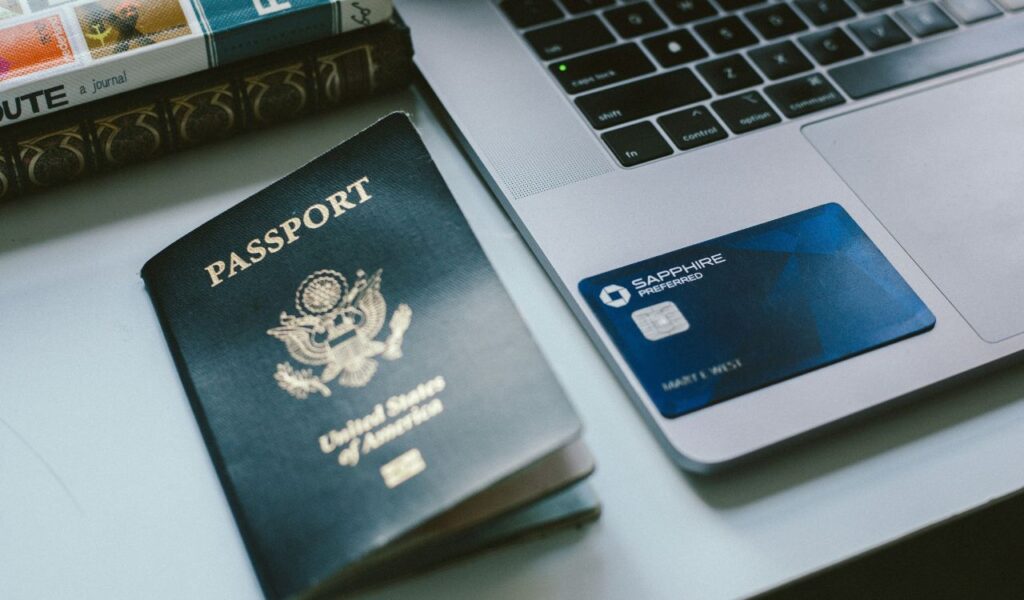
It’s tempting to keep your passport, cash, and cards all in one place for convenience. But if your bag disappears, so does everything important. Instead, split up your valuables, keep some in a hotel safe, some on you, and stash a backup credit card in a separate spot. Anti-theft bags and hidden pouches also go a long way. The goal isn’t just to avoid theft, it’s to make sure you still have options if something happens.
Relying Only on Cards
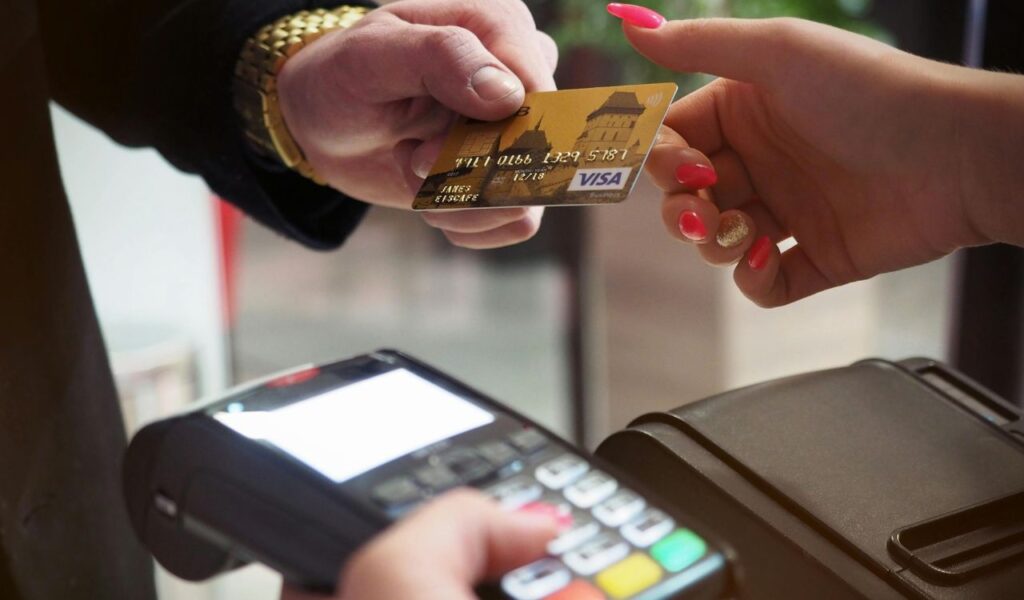
If your card is lost or declined, you’re stuck. Not every shop or restaurant takes cards, especially in rural areas. And if your bank flags foreign transactions as suspicious, they might freeze your account. Carry a bit of local currency for emergencies and small purchases. Know where to find reliable ATMs, and avoid unfamiliar machines in remote areas. A mix of cards and cash is your best bet for flexibility.
Ignoring Scam Warnings

Tourist traps come in all shapes, fake taxis, overpriced tours, or overly helpful strangers. Keep your guard up, especially in busy areas or near transit hubs. Do a quick search on common scams in your destination before arriving. If a deal sounds too good to be true, it probably is. Trust your gut, don’t flash cash, and avoid giving out personal info. Being alert can save your time, money, and a lot of frustration.
Skipping Language Basics

Even basic communication can make a big difference. You don’t need to be fluent, but knowing how to say hello, thank you, or help makes things easier and locals usually appreciate the effort. It can also help in emergencies, whether you’re lost or need assistance. Download a translation app before your trip, and keep a few key phrases saved offline just in case you’re out of signal range.
Not Checking Visa and Passport Requirements
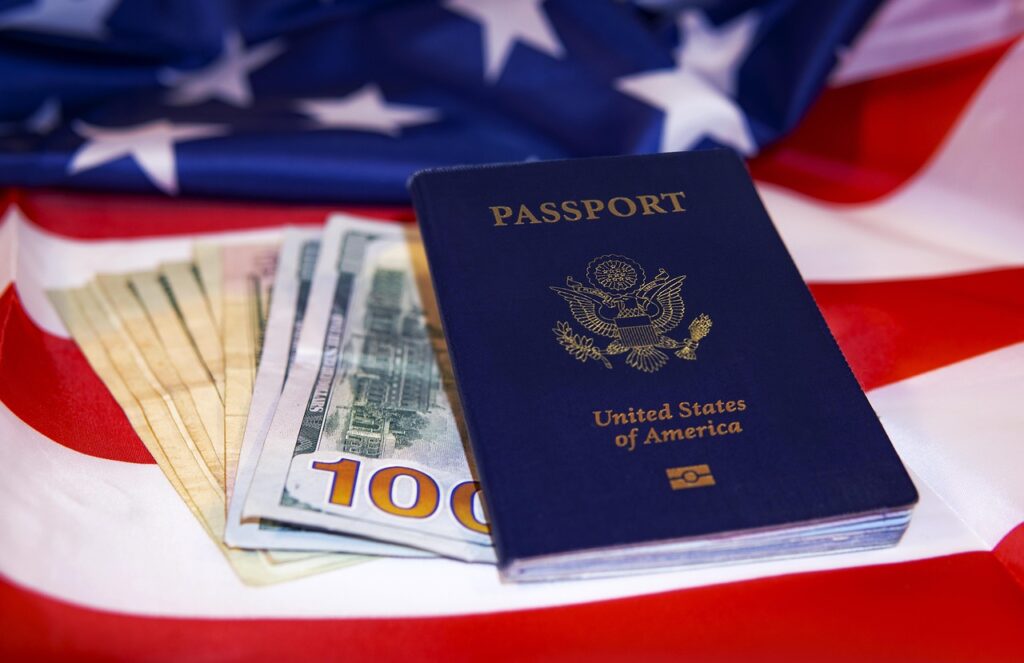
A valid ticket means nothing if your passport isn’t accepted. Some countries require it to be valid for six months beyond your return. And not every place offers visa-on-arrival, some need advance approval. Always double-check visa policies and your passport’s expiration date well before you travel. Being turned away at the border is a headache no one wants. A quick check online can save you from missing your entire trip.
Not Notifying Your Bank

You could be left without access to your money at the worst time. Banks often freeze accounts when they see unexpected foreign activity. If you haven’t let them know you’re traveling, even your lunch could be declined. Always alert your bank and credit card companies before your trip. Set up online access, enable international transactions, and jot down emergency contact numbers in case something goes wrong abroad.
Booking Without Double-Checking
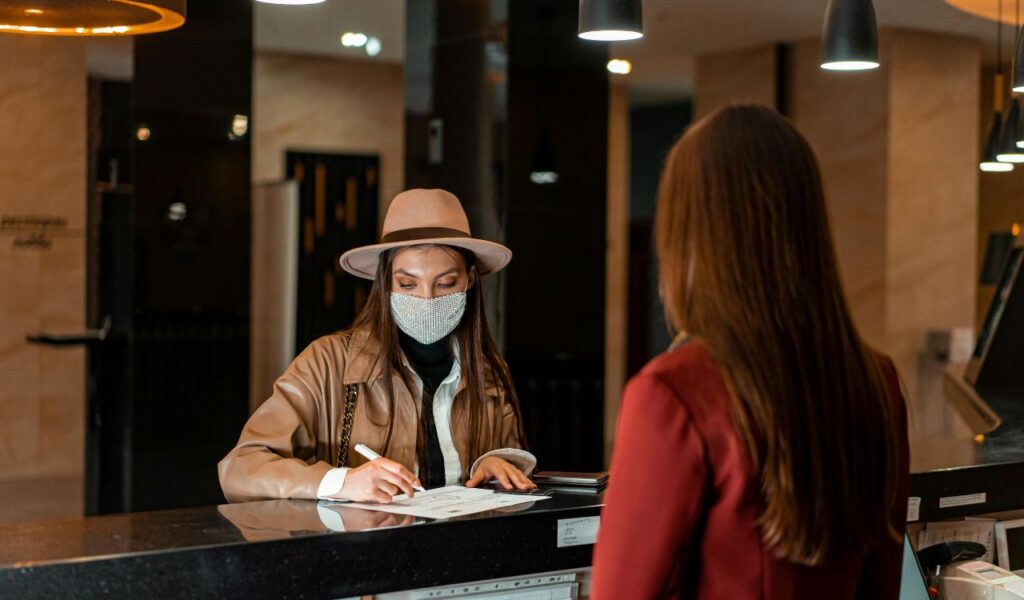
Mistyping a date or choosing the wrong airport happens more often than you’d think. This is especially important in cities with similar names or more than one airport. Confirm all your reservations, flights, hotels, transfers, before hitting book. Triple-check your flight times and destinations. It only takes a minute, and it can prevent hours of chaos trying to fix a mistake at the last minute.
Drinking Without a Plan

Getting buzzed in a foreign city without a plan is asking for trouble. Alcohol lowers your guard, and that’s when pickpockets and scams strike. If you’re out for drinks, know how you’re getting back, watch your drink, and stick with people you trust. Avoid flashing valuables, and don’t accept rides or drinks from strangers. Partying abroad can be fun, but only if you’ve got a safe way to wrap up the night.